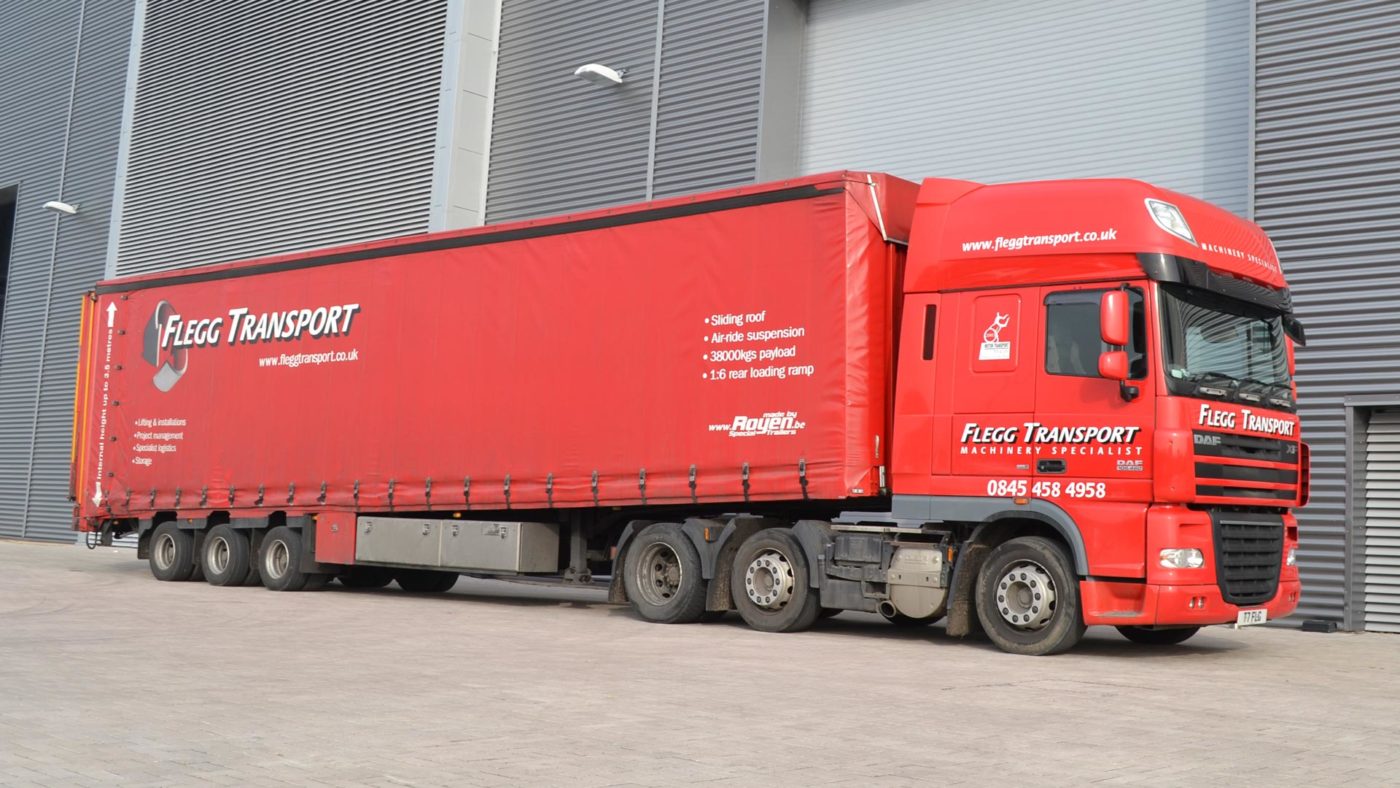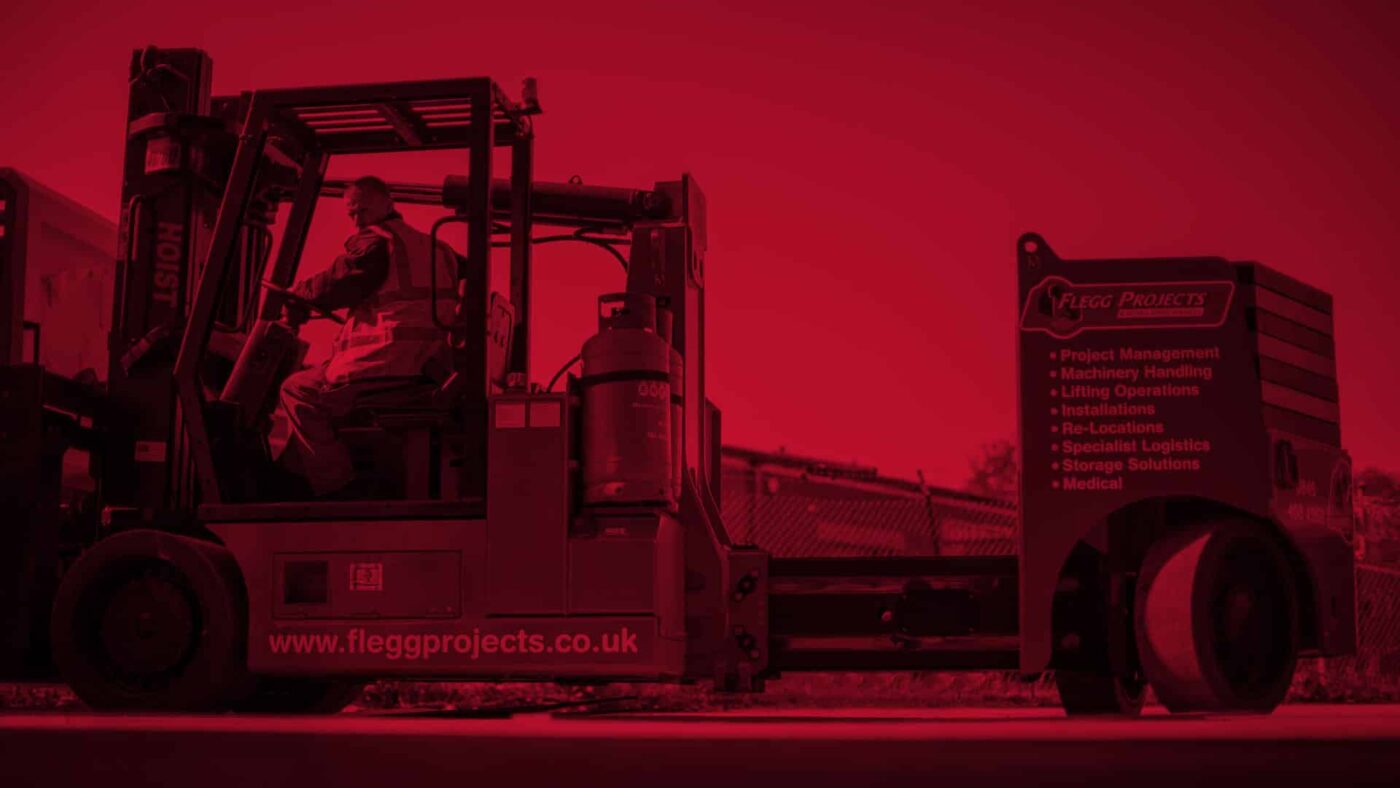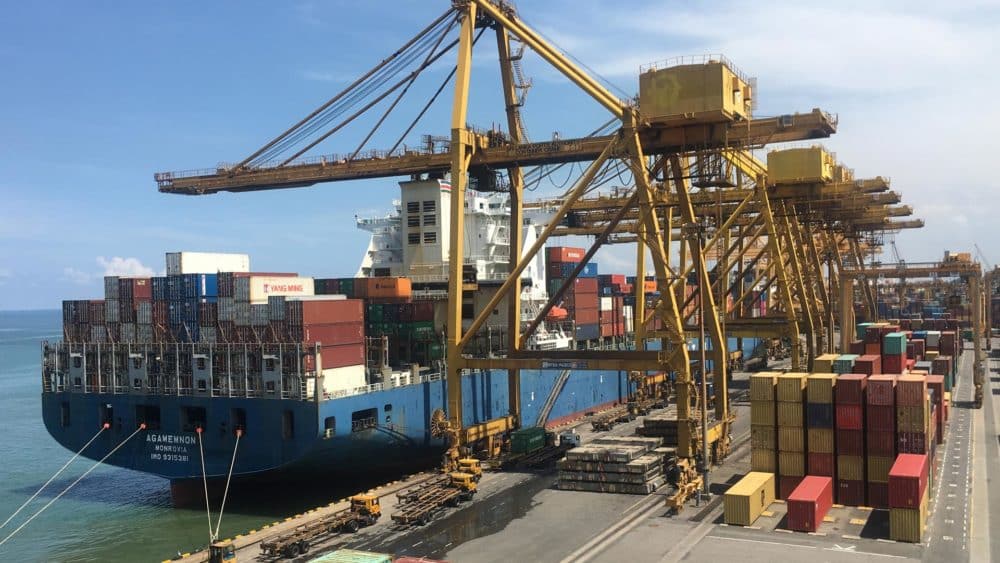How will Brexit impact the logistics industry

There have been discussions in the works for months now when it comes to how Brexit will impact the logistics industry. The opinions, so far, have been mixed. Some people think the outcome will be bleak, while others tend to believe that things won’t change much, since freight will still have to enter and leave the UK one way or another.
If those negotiations continue to swing a certain way, one thing can be certain; prices will rise within the logistics industry as tariffs will be applied to consumables and machinery being delivered to the UK.
It can all be a bit overwhelming and confusing, and truly frustrating part is that there are no concrete answers as of yet. So, what will the biggest challenges in the industry be in a logistics Brexit world?
What Challenges Will Brexit Cause the Logistics Industry?
Though we don’t know everything, there are a few expectations when it comes to challenges when it comes to logistics and Brexit that need to be addressed.
First, we need to think about where the UK’s exports are going. Many go to the EU. After Brexit, those exports will go down significantly, which could have a negative impact on trade and a huge decline on demand. Needless to say, it could affect us right away. There won’t be as much demand for road hauling, which can lead to everything from job loss to businesses struggling to stay afloat.
Of course, that isn’t meant to scare anyone. The rate of export may remain unchanged, but companies will need to figure out practical solutions for hauling, depending on what rules are put in place.
What Challenges Will Brexit Cause the Logistics Industry?
Though we don’t know everything, there are a few expectations when it comes to challenges when it comes to logistics and Brexit that need to be addressed.
First, we need to think about where the UK’s exports are going. Many go to the EU. After Brexit, those exports will go down significantly, which could have a negative impact on trade and a huge decline in demand. Needless to say, it could affect us right away. There won’t be as much demand for road hauling, which can lead to everything from job loss to businesses struggling to stay afloat.
Of course, that isn’t meant to scare anyone. The rate of export may remain unchanged, but companies will need to figure out practical solutions for hauling, depending on what rules are put in place.
Barriers and Border Control
Another thing we can likely expect from Brexit is tighter border security that will affect both imports and exports to and from the UK. As you might expect, this can have an impact on delivery times, causing significant delays (link to Should I expect port delays due to Brexit?) and making entire operations feel less efficient.
Migration controls may be another challenge. Many individuals within the EU work for UK-based companies, and that includes road hauling drivers. As a result, we may see fewer drivers since they can’t be recruited from the EU. Again, that can result in delays since a decreased number of drivers will have to take on more work.
Border delays may also be caused by drivers not having the right documentation/permits, or traders not having the right paperwork when they arrive. There will be additional safety checks that many hauliers aren’t used to, so it will take longer just to get through the border, and there is limited space. Simply put, it will likely be a lot of “hurry up and wait”.
What Can Businesses Do?
So, what can businesses do to combat the potential logistics/Brexit effect?
The biggest piece of advice we can offer is to be as prepared as possible. Even though nothing feels set in stone yet, we are getting closer to the point where it will be. Educating yourself and staying up-to-date on what is going on in negotiation talks will help you to prepare your business as much as you can ahead of time.
If you still want to make sure you’re doing everything you can to prepare yourself for the changes bound to come, keep the following in mind:
- There will be an increase in customs declarations when it comes to both imports and exports. Make sure your business is prepared and has the right procedures in place to handle this influx.
- Work toward having all of the necessary permits and correct documentation so there are no delays in your processes.
- Hire extra staff or make sure your current employees are fully trained on what to do if any type of disruption occurs. Your goal should be to avoid delays within your business so delivery times can stay as close to “normal” as possible.
- If you have employees that live in the EU, encourage them to get UK certification as soon as possible.
- Make sure you stay up-to-date on any policy changes that occur. Even when the UK finally leaves the EU, it’s still important to follow the news closely for anything that might change.
Finally, work with your logistics provider(s)!
At Flegg, we have been working around the clock to stay on top of the logistics and Brexit connection. Let’s talk more about what we’ve been doing so you can continue to feel confident in using us for shipping, delivery, and installation.
What is Flegg Doing?
It has been our consistent goal to make sure that our vehicles and staff can keep working outside of the UK, and we’re confident we will be successful. In fact, we already have several projects lined up outside of the UK for 2021. With that in mind, we plan to consult with clients to talk about the impact of any deals that have been created in the process.
We want to remain as transparent as possible during this time and throughout the transition process. So, we can tell you with confidence that we are not planning to increase our costs for any works within the UK. But, works completed outside the UK are could increase, simply due to more overhead cost. To find out more, read about how Flegg is dealing with Brexit.
Flegg will continue to do what we do best; listen, create, and deliver solutions. While we will be the first to admit that coming up with effective solutions due to Brexit hasn’t been easy, we haven’t changed our goal of providing superior service and coming up with innovative ways to do just that. We are still waiting to see what officially leaving the EU will look like, and what the details of these deals will be. But, we want to be able to provide our customers with confidence that even though logistics may change due to Brexit, we will make the necessary adjustments to keep things running as smoothly as possible.
If you have more questions about logistics and Brexit, call us on 0845 458 4958 or use the contact form for more information.

 The expertise you expect
The expertise you expect